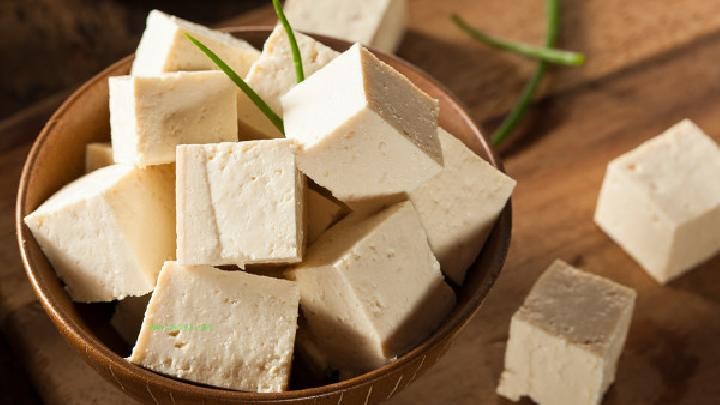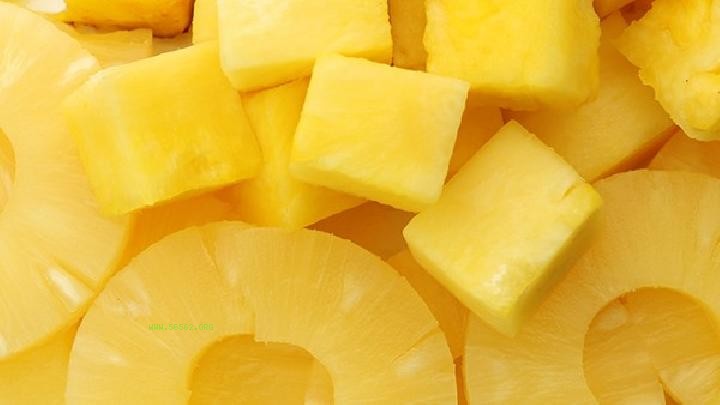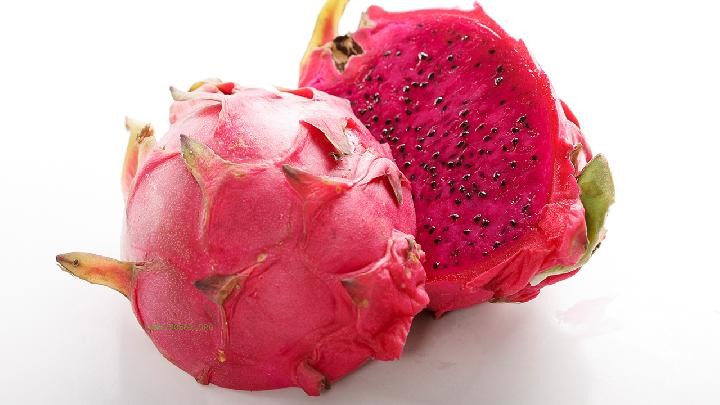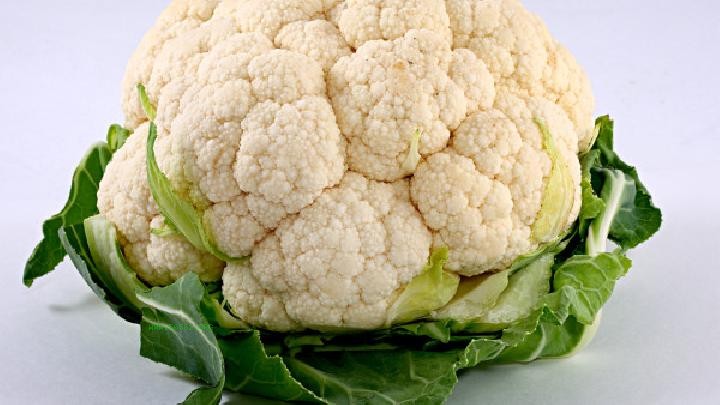Spring is the golden period for nourishing the stomach, therefore, it has a better effect on nourishing the stomach compared to other seasons. But the gastrointestinal tract is very sensitive, so how can we please it?
Six tips to please your stomach
1. Slow down your eating speed
Multiple studies have found that wolfing down food can easily lead to food accumulation in the body, increase gastrointestinal burden, and slow down intestinal peristalsis. Eating slowly can help food be digested and absorbed better, without staying in the intestines and causing blockages. Therefore, it is recommended to eat at least 25 minutes per meal, and elderly people should chew their food at least 20 times in one bite. Because when food is chewed in the mouth, it can combine with saliva to produce salivary amylase, which precisely has the function of promoting digestion. It is best to slow down when dining with family and friends, as this can help change the habit of eating too quickly. 2. Supplementing with "good bacteria" to protect the gastrointestinal tract
2. Supplementing with "good bacteria" to protect the gastrointestinal tract
The intestine is home to billions of bacteria, such as probiotics and pathogenic bacteria. The former's role is to balance various microbial communities and maintain intestinal health. When the overall strength of beneficial bacteria is smaller than that of harmful bacteria, the balance of gut microbiota is disrupted, which may lead to various problems such as constipation and diarrhea. Therefore, we need to eat yogurt, cheese, pickles and Fermented bean curd to supplement probiotics, which can not only improve the combat effectiveness of probiotics, but also help maintain intestinal health. In addition, to stimulate the growth of probiotics, it is also necessary to eat foods rich in oligosaccharides, such as bananas, garlic, honey, onions, and asparagus, because oligosaccharides are nutrients for probiotics in the intestine.
3. Eating fiber regularly can clear the intestines
Research has found that consuming 20-25 grams of dietary fiber per day can make the intestines more "environmentally friendly". A high fiber diet can reduce the risk of esophageal and gastric cancer. Vegetables and fruits contain a high amount of water-soluble fiber, which can cleanse the intestines and adjust the gut microbiota environment. Not only does it prevent cancer, but it can also relieve constipation and greatly benefit gastrointestinal health. Therefore, a balanced diet should be maintained, and one should not consume a large amount of single foods, but rather consume some of each type of food. Grains, spinach, cauliflower, broccoli, apples, pears, legumes, and other foods should all be regulars on the dining table.
4. Eat more foods that our digestive system likes
We should regularly eat foods that expel intestinal gas, such as nutmeg and cinnamon, which can enhance gastrointestinal motility and aid digestion; You can also eat some ginger on a regular basis. Ginger can alleviate nausea and vomiting during pregnancy and after surgery; There are also mint leaves, which can relax stomach muscles and alleviate digestive disorders; Finally, there is oatmeal, which is a "soothing agent" that protects the stomach wall.
5. Rest for a while after meals
Research has found that resting for a while after meals can enhance gastrointestinal resistance, especially at noon. It is recommended to take a nap as much as possible to avoid further reduction in gastrointestinal blood flow. However, it is necessary to take a break after dinner because during sleep at night, most organs enter a slow metabolism "rest" state, forcing the gastrointestinal tract to "work intensively". This not only prevents the repair of the gastric mucosa, but also promotes the destruction of the gastric mucosa while the stomach secretes a large amount of gastric juice and digests food, leading to diseases such as gastric erosion and ulcers..
6. Eat 70-80% full per meal
Experts suggest that even if it's something you love, don't "eat it all at once". It's best to only eat 70-80% full per meal, and don't overeat with additional meals. We need to give our digestive system sufficient rest, otherwise it is easy to suffer from indigestion. What is good to eat for stomach nourishment in spring?
1. Chives
Experts introduce that chives contain nutrients such as volatile oil, protein, fat, and various vitamins, which have the effects of strengthening the stomach, refreshing the mind, and strengthening the kidneys. Spring chives are the best among chives, with a particularly delicious taste.
2. Honey
Traditional Chinese medicine believes that honey has a sweet taste and enters the spleen and stomach meridians, which can nourish the middle and qi, moisten the intestines and promote bowel movements. The climate in spring is unpredictable, with temperatures fluctuating from cold to warm, making it easy for people to catch colds. Honey contains various minerals, vitamins, and has the function of clearing the lungs and detoxifying, which can enhance the human immune system. It is the most ideal tonic for spring.
3. Red dates
The ancient famous doctor Sun Simiao once said, "In spring, it is advisable to avoid sourness and increase sweetness to nourish the temperament." This means that in spring, it is advisable to eat less sour and more sweet foods. Traditional Chinese medicine believes that spring is the time when liver qi is strong, and eating more sour foods can cause excessive liver qi and damage the spleen and stomach. And people engage in more outdoor activities in spring than in winter, which consumes more physical energy and requires more calories. But at this time, the spleen and stomach function is weak, and the digestive ability of the gastrointestinal tract is poor. It is not suitable to eat greasy meat. Therefore, red dates are a good choice for nourishing the spleen in spring. 4. Spinach
4. Spinach
Experts say that spinach is a vegetable that can be found all year round, but it is best in spring because spinach sold in spring is beneficial for detoxification and preventing spring dryness. Traditional Chinese medicine also believes that spinach has a sweet and cool nature, which can nourish blood, stop bleeding, nourish yin, and moisten dryness.
5. Cherry
Experts point out that cherries are rich in nutrients, with iron content being particularly prominent, exceeding citrus, pear, and apple by more than 20 times, ranking first among fruits. Cherries have a warm nature, a sweet and slightly sour taste, and have the effects of nourishing the middle and qi, regulating the middle and benefiting the appearance, and invigorating the spleen and appetite. Eating cherries in spring can induce sweating, invigorate qi, and dispel wind. It should be noted that cherries belong to the fire category and should not be consumed excessively. If the body is deficient in yin and the fire is strong, it should be avoided or consumed in moderation. Did you know that cabbage is a type of cruciferous vegetable? In addition to its anti-cancer function, it also has the function of protecting the stomach and is known as a "natural stomach nourishing vegetable". The vitamin K1 and vitamin U contained in it can not only resist gastric ulcers, protect and repair gastric mucosal tissue, but also maintain the activity and vitality of gastric cells, reducing the risk of disease. Cabbage contains almost no fat, so it is best to use olive oil when cooking. This is because with the help of unsaturated fats, the various fat soluble vitamins contained in cabbage can be absorbed and utilized by the body.
7. Cabbage
Cabbage is known as a natural "stomach vegetable", which has the effects of generating fluids, quenching thirst, and aiding digestion. It can also promote the secretion of gastric juice and protect the gastric mucosa. People with poor stomachs, especially those with stomach ulcers and duodenal ulcers, can juice cabbage and drink it once a day. They can also add an appropriate amount of honey to promote ulcer healing, which is very helpful. In addition, the stomach is the most sensitive to cold, so you can do more outdoor exercises such as Tai Chi, walking, jogging, and other soothing exercises. These exercises can promote blood circulation and keep the whole body warm, which is also beneficial for nourishing the stomach.






Comments (0)
Leave a Comment
No comments yet
Be the first to share your thoughts!